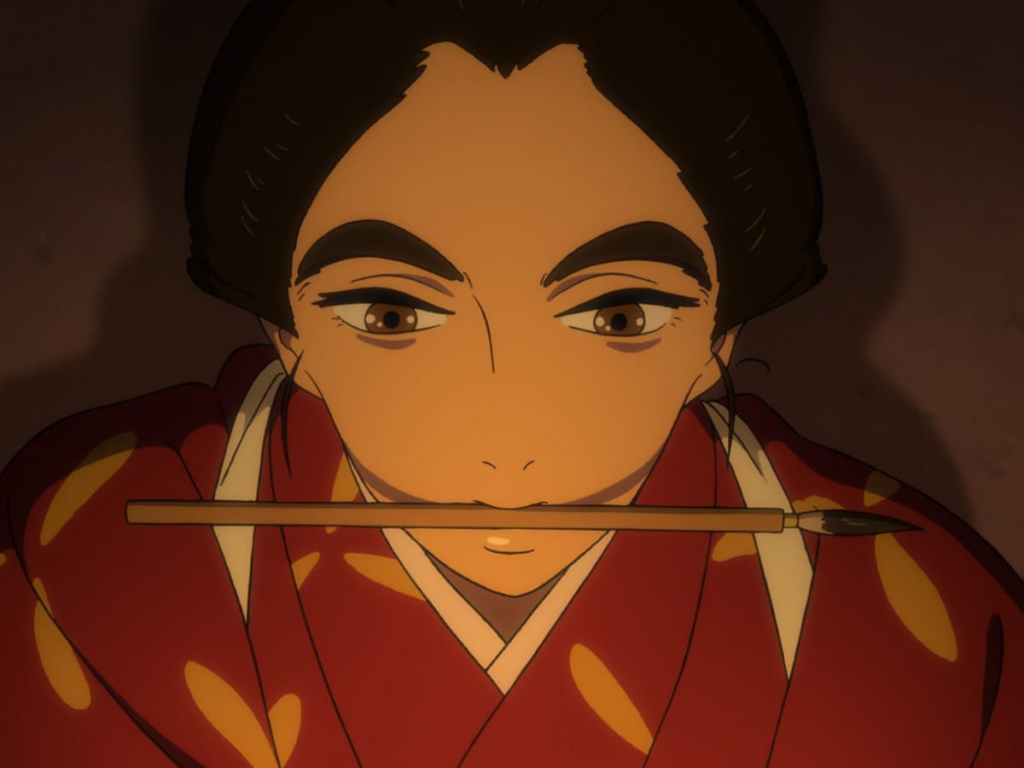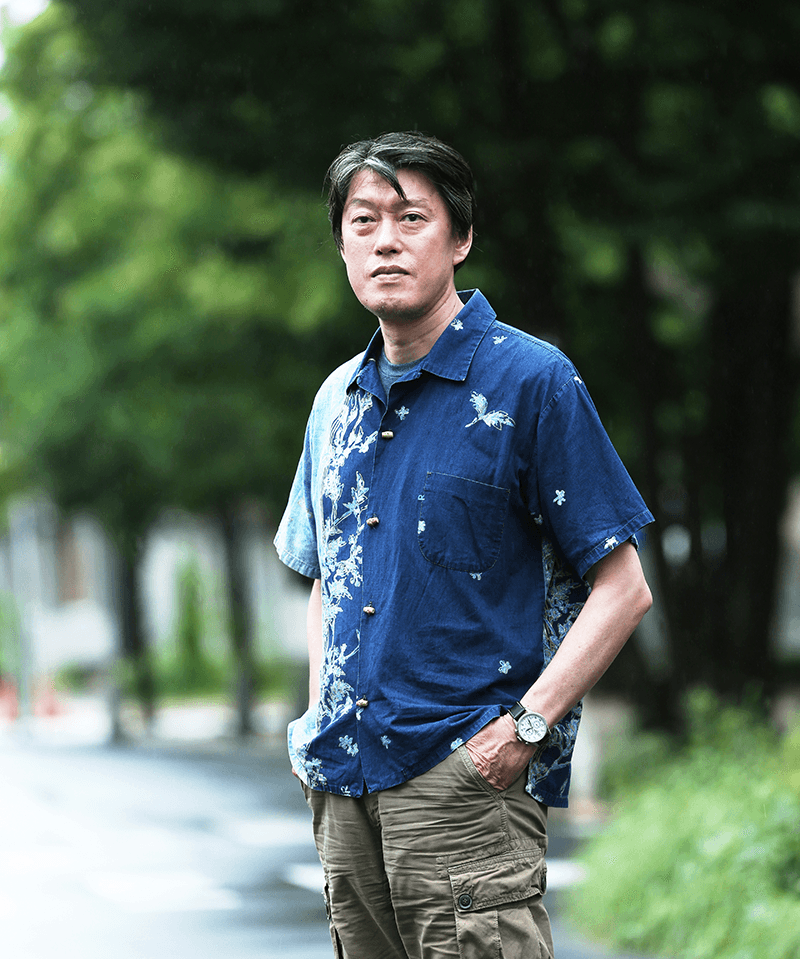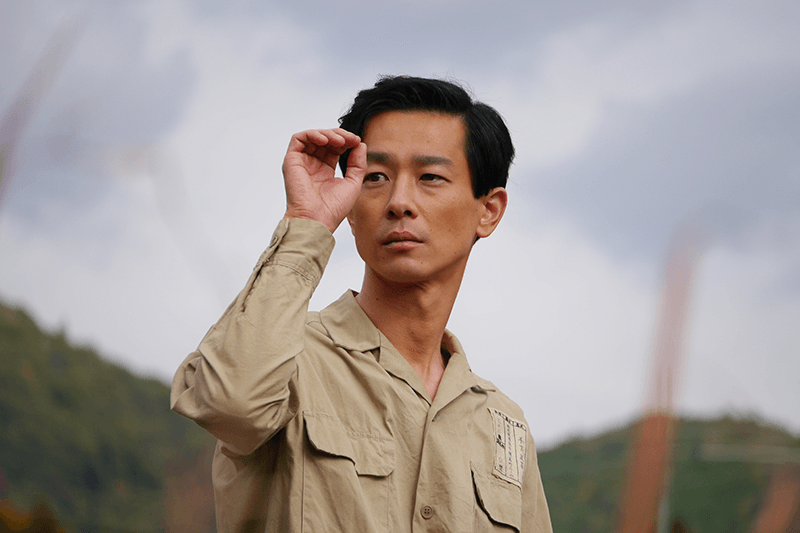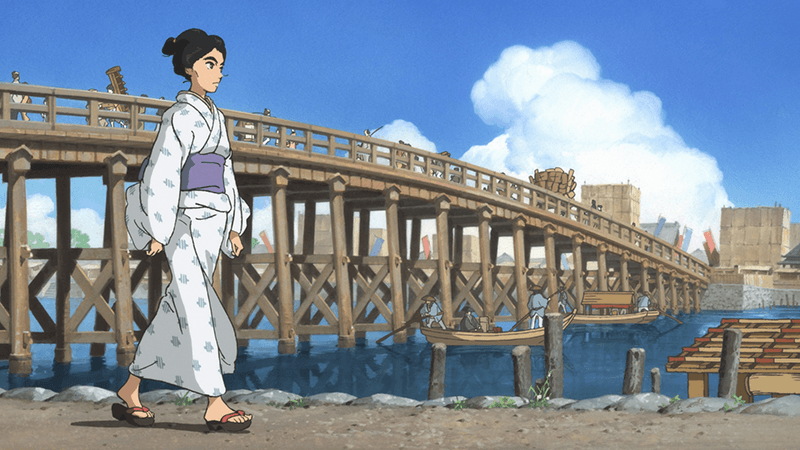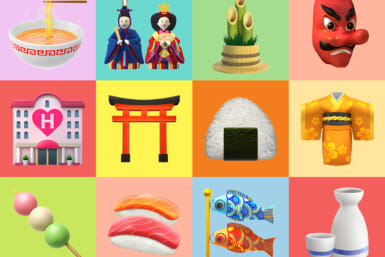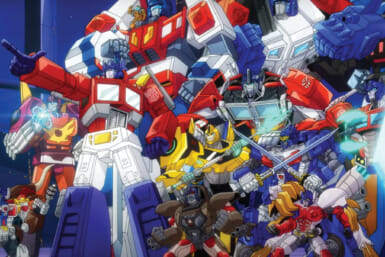On the eve of his first ever major retrospective of his work at the Tokyo International Film Festival, anime director Keiichi Hara talks about why he decided to set out on his own as a filmmaker.
After graduating from Tokyo Designer Gakuin College, director Keiichi Hara was taking a tour of the animation studio Tokyo Movie, when he decided to take his fate – and his future employment – into his own hands. He left the tour and found Kyosuke Miyoshi, who had directed some of the famous Lupin the Third anime series, and begged him for a job. Apparently impressed with the young man’s ardor, the artistic director asked for Hara to come back after a week or so with a script and a storyboard for an episode of the show. His creative abilities proved a match for his initiative, and Miyoshi got him a job at a company that made commercials.
To say that he’s come a long way since then would be something of an understatement. After more than 20 years working as a director for commercially successful and critically acclaimed projects such as movies in the Doraemon and Crayon Shin-chan series, Hara decided to launch his career as an independent filmmaker, and has been able to combine the singular vision of an auteur with the ability to bring audiences into the theaters.
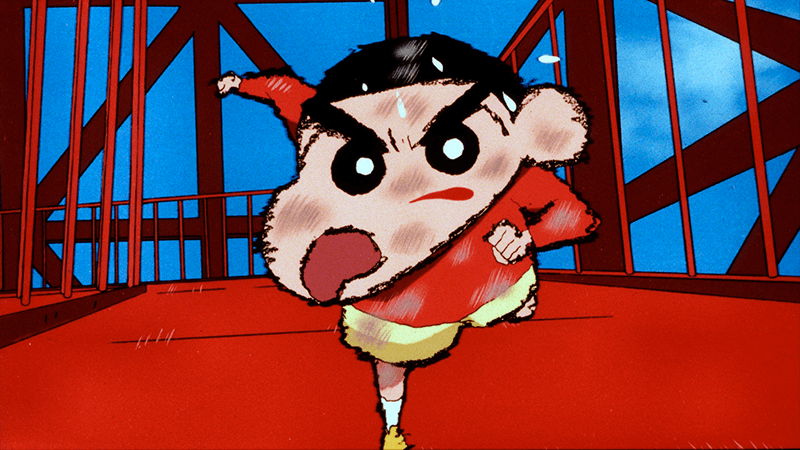
Crayon Shin-chan: The Storm Called: The Adult Empire Strikes Back, ©Usui Yoshito / Futabasha・SHIN-EI Animation・TV Asahi・ADK 2001
His first film as an independent director was Summer Days with Coo, a film that depicts the adventures of an elementary school boy who befriends a kappa, a supernatural water spirit. This was followed by Colorful, an adaptation of a novel that retells the aftermath of a junior high school boy’s suicide attempt. Hara turned his hand towards live action film with Dawn of a Filmmaker: The Keisuke Kinoshita Story, a biopic about the legendary film director Keisuke Kinoshita. (Hara may have recognized something of a kindred spirit in Kinoshita, who ran away from home when he was in high school in his first bid at a career in cinema.) Finally, he took on the subject of Edo period painters and printmakers in Miss Hokusai, which was adapted from the manga, Sarusuberi. This movie focuses on O-Ei, one of the daughters of the great Edo period artist, Hokusai, a young woman whose talent and temper rivals that of her father.
Hara’s independent movies have drawn attention both in Japan and overseas: Summer Days with Coo won the Grand Prize for Animation at the 11th Japan Media Arts Festival and the Best Animation Film award at the Mainichi Film Awards; Colorful took home the Excellent Animation of the Year award at the Japan Academy Awards, the Best Animation Film award at the Mainichi Film Awards, and the Audience and Special Distinction prizes at the Annecy International Animated Film Festival; and Miss Hokusai won the Jury Award at Annecy, as well as the Best Animation Film Award at the 70th Mainichi Film Awards. This year, in recognition of the director’s body of work, the Tokyo International Film Festival has dedicated their animation section to his creative output.
Weekender recently dropped by Hara’s studio in Nakano to talk with him about…
THE CHALLENGE OF BRINGING COLORFUL TO LIFE:
“With Colorful, it was a client who asked me to make that film. I didn’t know the original novel, but when I read it, at first I didn’t think that it was great material for an anime. But the producer was intent on making it into an anime, and requested that I do it. I took it up as a challenge to turn the story into an animated film.”
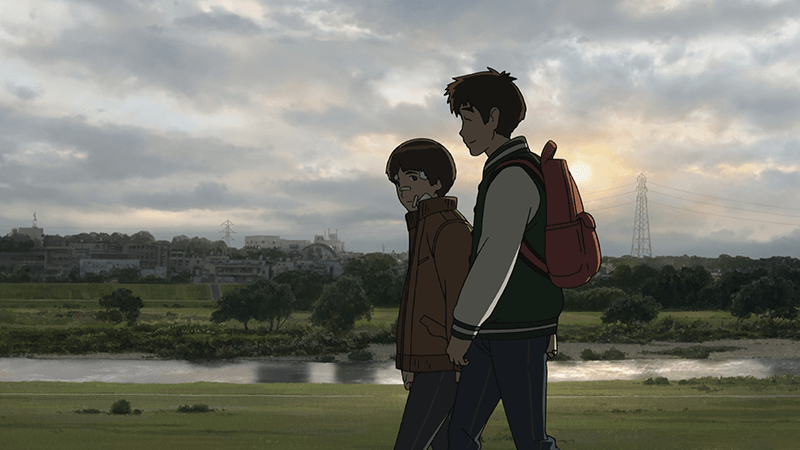
Colorful, ©2010 ETO MORI / FUJI TELEVISION NETWORK, SUNRISE, DENTSU, Aniplex, Sony Music Entertainment (Japan), TOHO All Rights Reserved.
THE SERIOUS TOPICS LYING AT THE HEART OF A FILM DIRECTED AT JUNIOR HIGH SCHOOL STUDENTS:
“[This film] tells the story of a junior high school student who commits suicide, who has a mother who is having an affair, and there’s a junior high school girl who is prostituting herself to buy the things she wants. These are heavy topics. These things are really happening now in Japan. I didn’t want people to look away from these problems, but face them head on. There are actually young people who are struggling with those problems, so I made this film for those people … Young people have a lot of worries on their minds now. It was with those people in mind that I made the film.”
WHAT DREW HIM TO THE STORY BEHIND MISS HOKUSAI:
“I really loved Hinako Sugiura’s manga, and I knew that I wanted to make an anime from her work at some time. So when I had the opportunity to collaborate with Production I.G, I was very happy to be able to bring this piece to life. It was really like a dream come true.”
THE UNIQUE APPEARANCE OF MISS HOKUSAI’S LEADING LADY:
“In the original story, O-Ei is not a beautiful woman, and from the historical records that remain, it was very certain that O-Ei was not a beautiful woman. But because she is the protagonist, I thought it was a good idea to make her beautiful, but not completely gorgeous. So I made her attractive, but I made her eyebrows very thick and gave her other striking features. She’s pretty, but she has a unique appearance that will make an impression on the audience.”
THE IMPORTANCE OF THE SUPERNATURAL IN HIS FILMS:
I haven’t experienced anything like that myself, but I feel like there is some kind of supernatural influence in our world, in the form of certain phenomenon, or in the case of things like fate or destiny. I feel like Japanese people feel that aspect of things strongly; even though we are a developed country, we still believe in connections with dead people, and gods dwelling in nature. So I want honor that part of Japanese people’s hearts, and continue to reflect that in my films to come.
WHY HE DECIDED TO GO IT ALONE AFTER DECADES OF SUCCESS:
I had a long part of my career directing as an employee, and during that time, I wasn’t making films for myself, but doing what I was being told by the company. Within those limitations, I tried to maximize my freedom. Finally, I felt like I had achieved a certain measure of success, but I was aware of the limitations. So I decided to launch myself on my own. However, not many people get to spend most of their career making only movies! I have been able to make only films up until now, so I feel very lucky to be able to do this work. I also think that it’s not easy to keep making movies only, but if possible, I want to keep making movies for the rest of my career.
The 30th Tokyo International Film Festival Puts a Spotlight on the World of Keiichi Hara
This year marks the fourth year since the Tokyo International Film Festival revived its Special Focus on Japanese Animation (previous subjects have been Hideaki Anno and Mamoru Hosoda), and 2017 also marks the 100th anniversary of the institution of Japanese animation itself. In honor of this historic occasion, TIFF is focusing on the work and worlds of Keiichi Hara. This is the first ever major retrospective of the director’s work, and will feature movies in the Shin-chan series as well as his more recent independent films. TIFF will take place between October 25 and November 3, 2017. Full details about screenings and sections will be available at http://2017.tiff-jp.net/en/
Main Image: Miss Hokusai, ©2014-2015 Hinako Sugiura・MS.HS / Sarusuberi Film Partners

